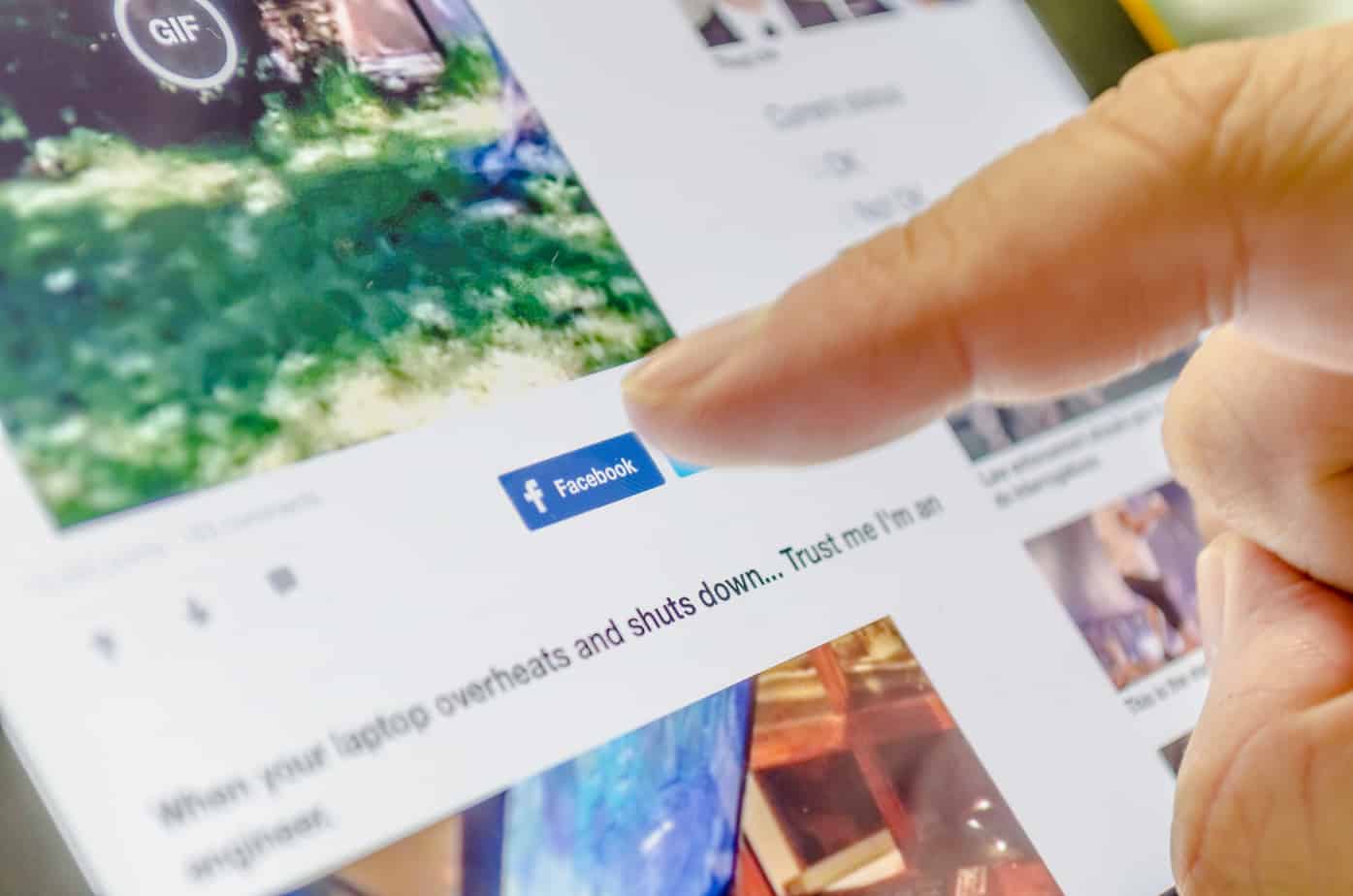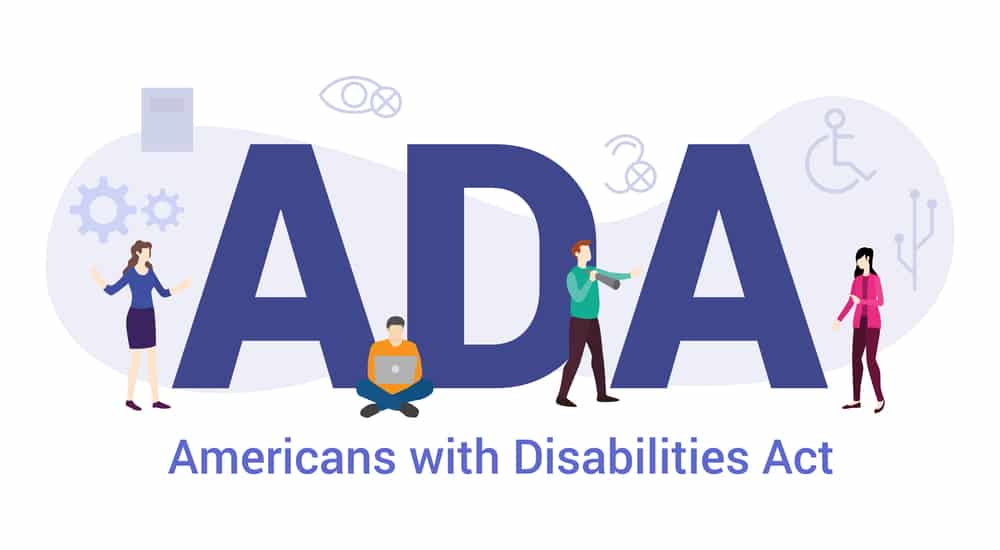You may think that developing a mobile app is all about matching your creative idea with a reputable app development company and then gathering users. Although all these factors are essential, there’s something else you need to consider. Several legal issues arise for companies developing mobile apps, some of which, if not carefully dealt with, can jeopardize your business. Below are six legal requirements you have to consider while making an app.
-
Confidentiality Agreement
Sign a confidentiality agreement before sharing your app idea with the developer and discussing workflows to protect it from possible theft and competition. An NDA (non-disclosure agreement) is the most popular way to safeguard your product and maintain confidentiality. Although an NDA agreement does not guarantee that your business idea is secure, it will significantly assist you in taking legal actions against anyone who violates its terms.
Intellectual Property Rights
You must ensure that all intellectual property (IP) rights for your mobile app design, content, and code belong to you, not the app developers. You need to register them as trademarks, patents, or copyright, to protect your idea. Trademarks help identify the origin of services or goods. It usually includes protecting things like the app’s logo, slogan, and name. Patent protection covers specific processes, methods, and products used to develop the app. Copyright safeguards your app’s source code, content, and design from unauthorized copying.
Jurisdiction
If you intend to launch the app overseas, ensure that the future product meets the terms of the local laws. Before promoting and distributing your product overseas, hire a lawyer to help you understand the legal process. This will help you understand other countries’ laws for the efficient launch of your app.
Include a Business to Reduce Your Liability
How you intend to run the business will significantly influence your responsibilities. For example, you can become a partner in a partnership, go as a sole trader, or create a limited liability company. An LLC is the most preferred structure because it limits your liability and protects individual assets if a problem arises.
App Store Agreements
Once your app gets ready for use, the next step is distributing it through app stores. First, however, you must agree to Google Play’s or App Store’s terms and conditions. However, you are not insured against any risks because the app stores protect their operations, not yours. Thus, set the rules that users must agree and follow to download and use the app. Besides, the app stores reserve the right to change their legal terms or add new clauses, if need be. Your mobile app must comply with such changes, or it will lead to removal from the app stores or legal action taken against you.
Privacy Policy
You should not overlook privacy rights, especially those of users. In case you’ll be collecting users’ data, ensure you include a privacy policy. Tell your users what data you may access and why it’s required. You must assure your users that you protect their personal information and keep it safe.
Businesses must determine their legal scope and handle all ethical and legal issues for the mobile app development process. A strategic legal compliance technique in the mobile app development process can help you lessen the legal risk and defend your IP rights. Ensure you understand local laws surrounding data protection and other laws, and your business will achieve success.



